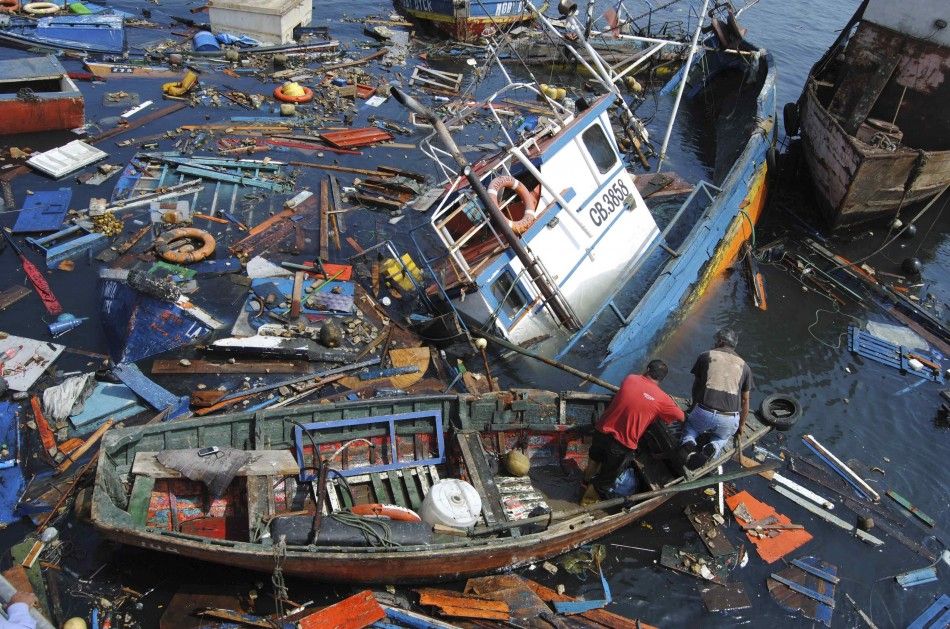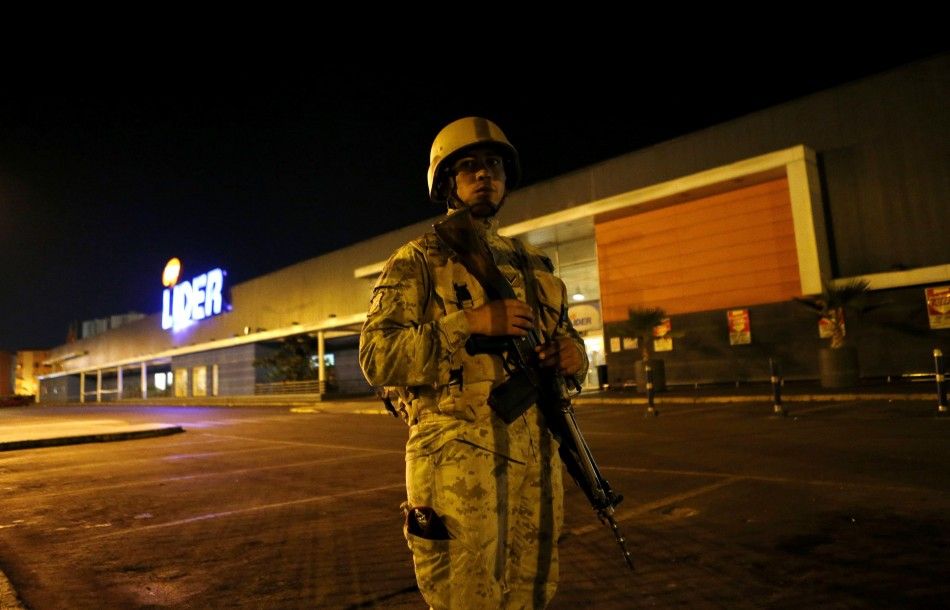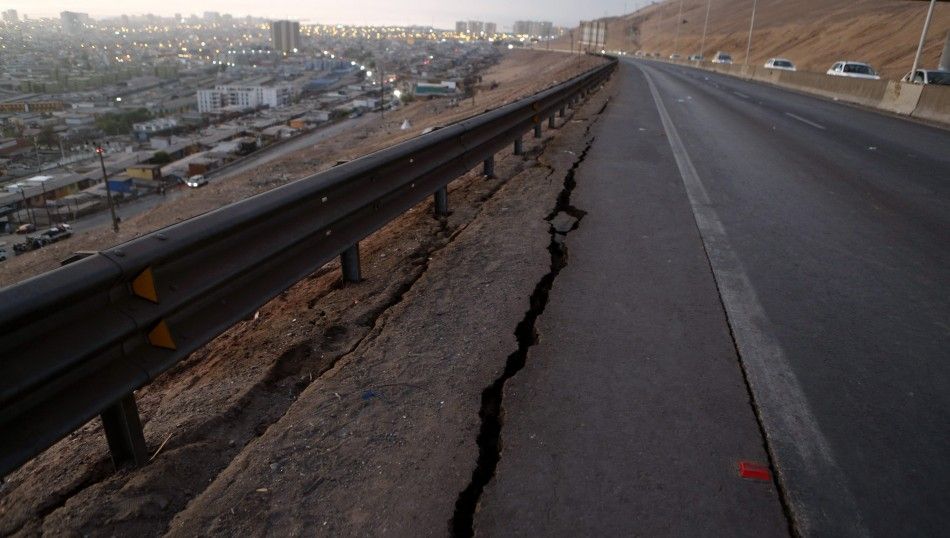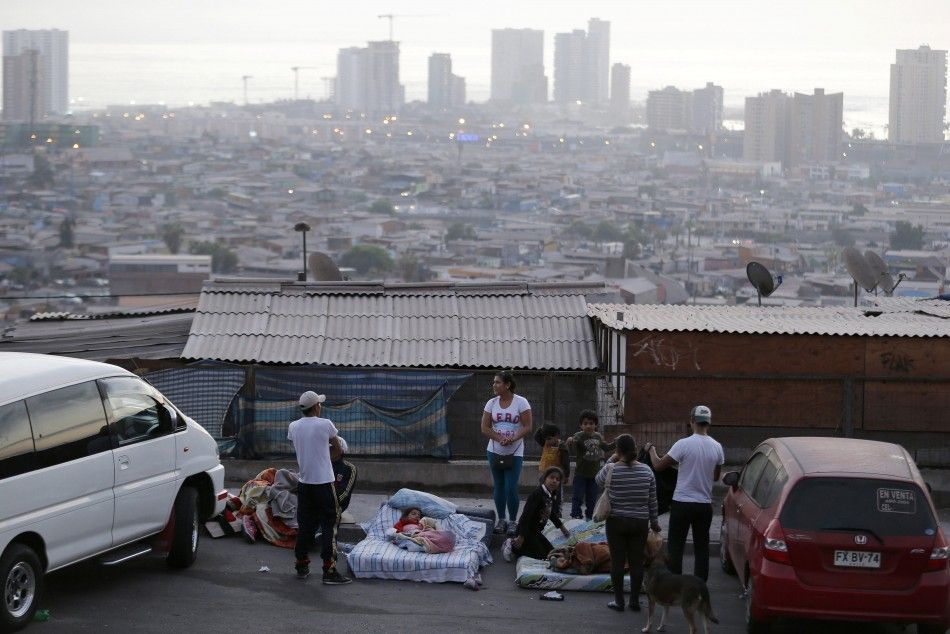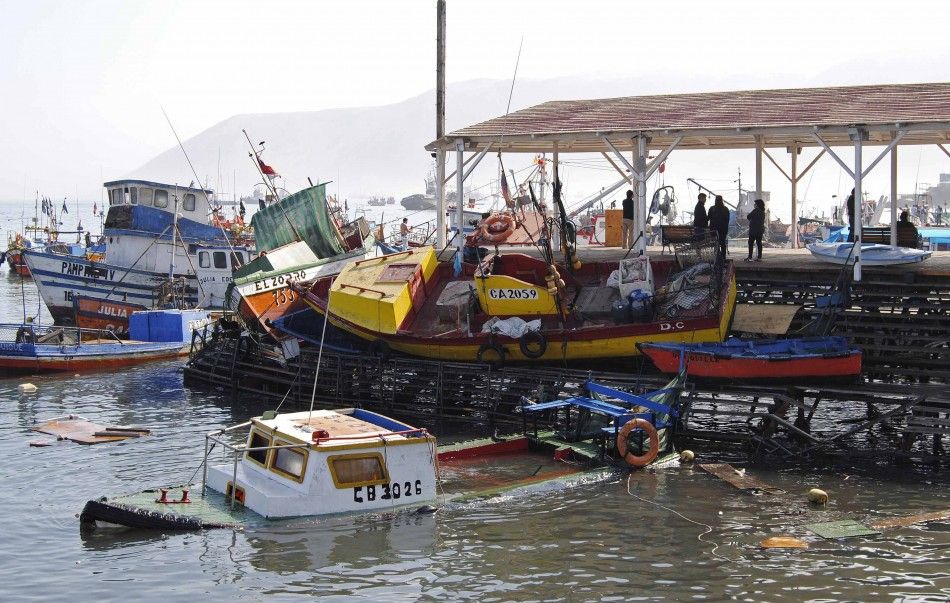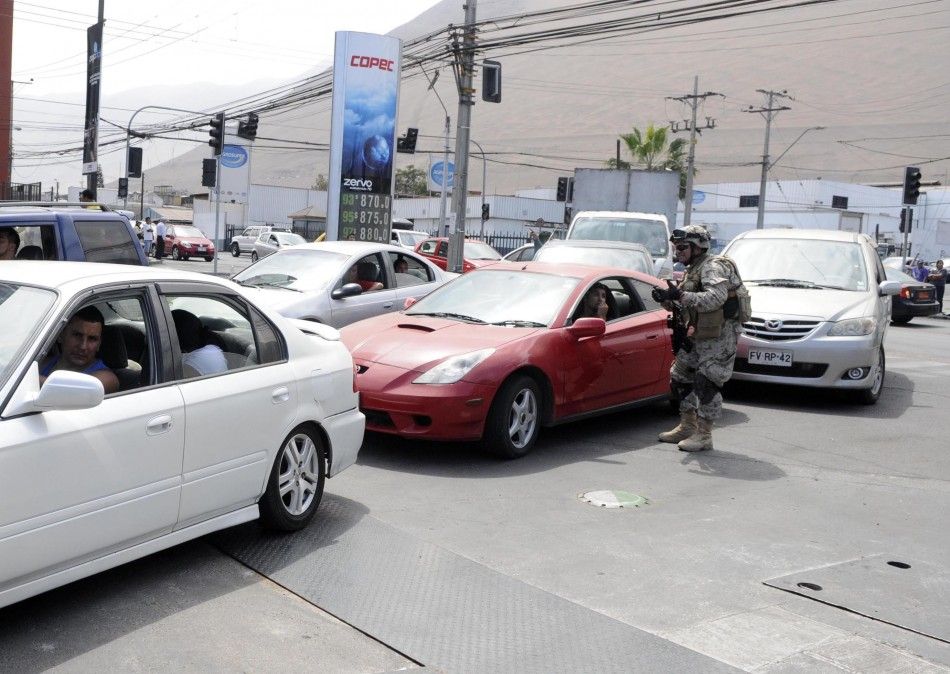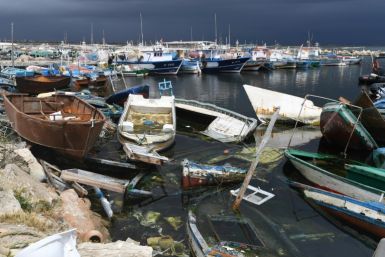Chile Quake Preparedness is Something Worth Emulating (PHOTOS)
Thanks to hard-earned lessons in 2010, Chile was more than focused and prepared when it got hit again by a massive earthquake four years later in 2014. Commendable and worth emulating by other nations.
Twenty-four hours after an 8.2-magnitude earthquake rumbled offshore and prompted a tsunami, the death toll stood just within the tens, or exactly only six people have died.
Observers commended the nation's strict implementation of building codes.
"They're a seismically active region of the world and they are very good at implementing their building codes similar to California," John Bellini, a Denver-based geophysicist at the U.S. Geological Survey told CNN on Wednesday.
"Because of that, you would see less damage than in other places that have poorer building codes .... that's probably one of the reasons there haven't been as many casualties as there could have been from a magnitude earthquake of this size."
What's more noteworthy is that Chile's people from the government, non-profit organizations down to the plain citizens, despite differences in principles and opinions, all worked together to rise from the 2010 experience.
"[Chile's response] showed that institutions function and that they can learn from their errors," CS Monitor quoted Patricio Navia, a columnist and professor at New York University.
Minutes after the earthquake struck, officials immediately sounded the tsunami alarm in Iquique. A large-scale evacuation ensued, affecting over 900,000 people in all of Chile's coastal areas.
Although there were homes, more than 2,500, that sustained serious structural damage, Ramon Galleguillos, mayor of Alto Hospicio, said these were built with poor workmanship through government subsidies. Alto Hospicio is located a mile from Iquique, 60 miles southeast from the epicenter of the quake.
"This is a great example to all of us that when we work together in an adequate manner and we when we follow the plans that have been established in the region, we work well," Chilean President Michelle Bachelet, who toured the region Wednesday, said as she praised local authorities for enacting a fast and effective emergency response system. She told them what they did was an "exemplary manner."
"First off, there was information, provided quickly and opportunely, in order to make the right decisions," she told a mid-day news conference in the affected areas.
Still, the nation's emergency response system still has a lot of room for improvement. Tsunami warning sirens have yet to be installed in parts of Arica. Authorities had to shout orders by megaphone the time of the earthquake on Tuesday. Chileans have also yet to download the smartphone application that can alert them to evacuation orders, according to the AP.
